At a time when the United States is experiencing one of the longest periods of economic expansion in decades, the job market is changing rapidly—leaving many Americans behind. Digitalization, automation, and global trade have rendered some knowledge and skills obsolete, leading to unfilled jobs and declining social mobility.
To address these issues, on May 21, 2019 the Center for Universal Education (CUE) and the Future of the Middle Class Initiative at Brookings co-hosted a symposium titled “Building the workforce of the future: Resilient people and places.” The symposium convened private and public sector voices together with the education community to focus on building more resilient people and places in a time of rapid technological change.
The event featured two new pieces of flagship research. The first, a report that launched the day of the symposium titled “Growing cities that work for all: A capability-based approach to regional economic competitiveness” provided a map for local city leaders, companies, and skill-building organizations to create better opportunities for cities and their workers. Lead author and Brookings Senior Fellow Marcela Escobari showed how data-driven network analytics can help foster economic growth and complex industries that fit the local capabilities of a city and its workforce. Second, Brookings Fellow Martha Ross previewed research on reskilling for low-wage workers and on-ramps to help them succeed; the final report will be released later this summer as part of a suite of workforce of the future research.
Jim Shelton, senior adviser to the Chan Zuckerberg Initiative and newly minted nonresident senior fellow at CUE, opened the day by speaking with Rep. Ro Khanna (D-Calif.) and one of his constituents on automation and the promise and perils of technology. Shelton closed the day by talking to Stephen Moret, who successfully led the state-and-local team bid for Amazon’s HQ2 in Virginia. Other discussions centered around nontraditional and K-12 education, along with the flagship workforce development research.
Below are overarching themes that emerged from the panel discussions:
- Too many Americans exist in environments that thwart rather than support their success. Session 1 looked at how to leverage technology as an asset, both with respect to place and by race. Panelists highlighted the importance of investing in technology education, especially in communities of color and in rural areas, as well as the importance of implementing universal high-speed internet.
- There is no one size fits all approach to economic growth. Session 2 emphasized that each city must chart its own growth path and understand the strengths, possibilities, and needs of residents and workers. As companies decide where to locate and expand, they should consider that city’s capabilities for hosting a given industry.
- Exposing children at an early age to the world of work is important. Session 3 debated how best to prepare young students to thrive in the workplace. Panelists discussed models for incorporating the world of work into the curriculum—starting from primary school through high school—that would expand young people’s options rather than foreclose possible future paths.
- Low-wage workers, particularly those without a college degree, are at most risk of being left behind in today’s economy. Session 4 looked at the importance of helping low-wage workers, some of whom may have had negative experiences with education systems or lack the tools and know-how to get reskilled. These people need help not only with career navigation, but also with overcoming logistical barriers, such as lack of childcare and long commutes. Massive open online courses haven’t had much success in helping this segment of the workforce.
- Investing in the tech talent pipeline can have big rewards. By examining Virginia’s bid to woo Amazon HQ2 to the state, which was done largely through an “education play,” the final session emphasized the importance of a capabilities-based approach to regional development to attract top employers.
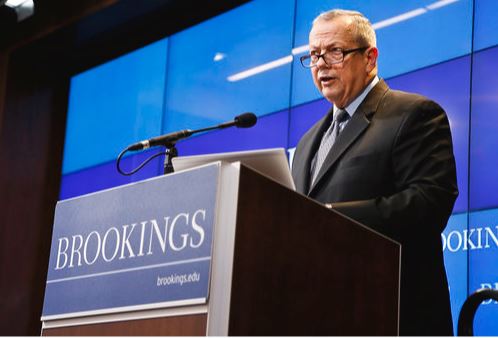
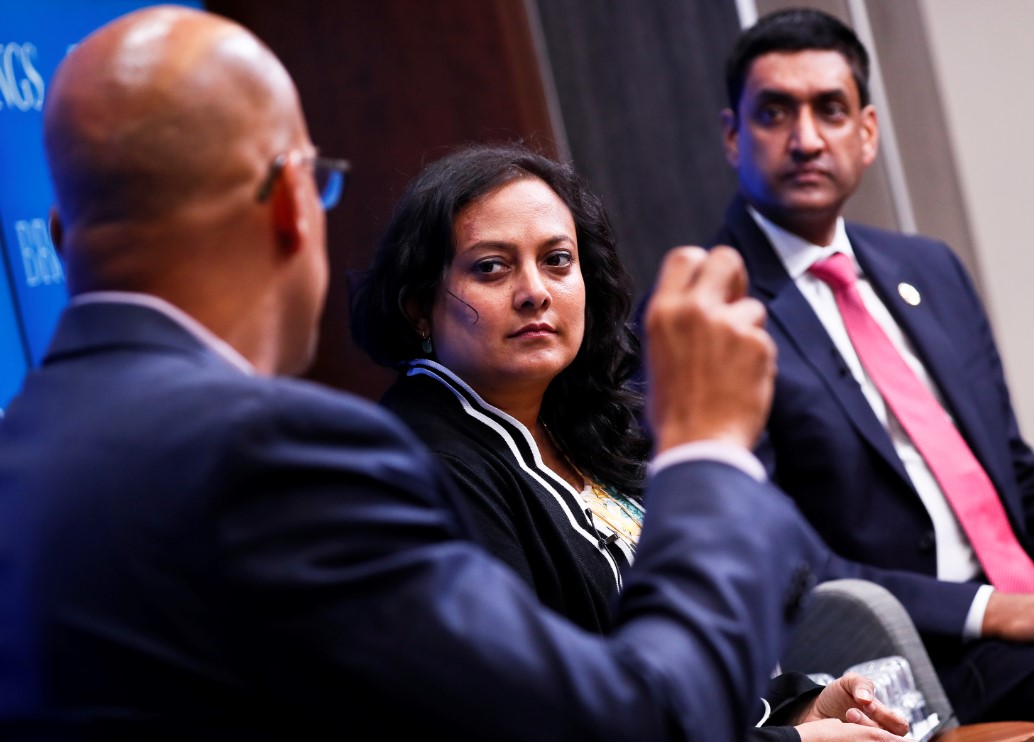
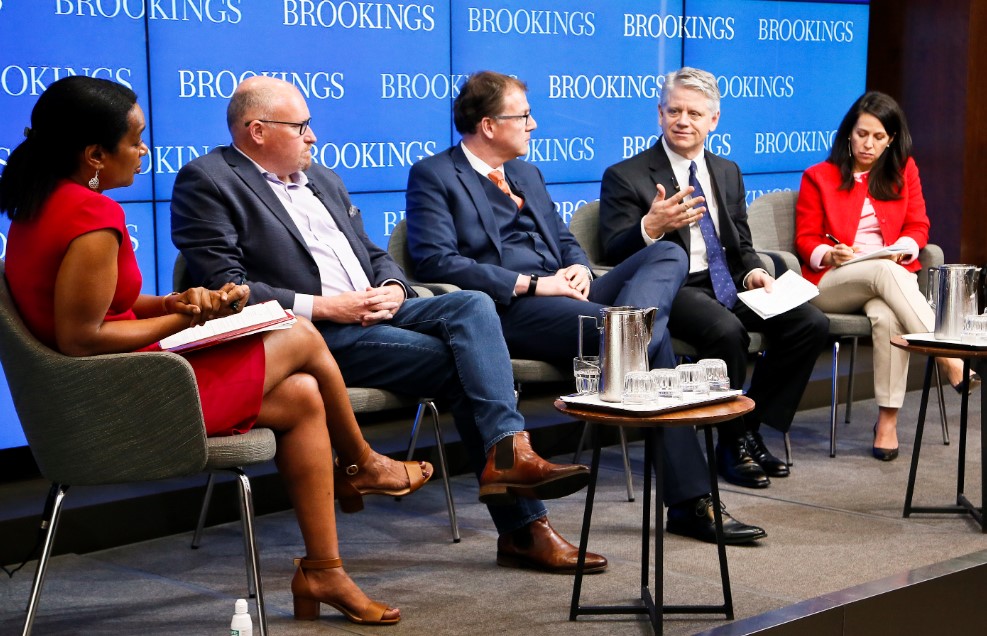
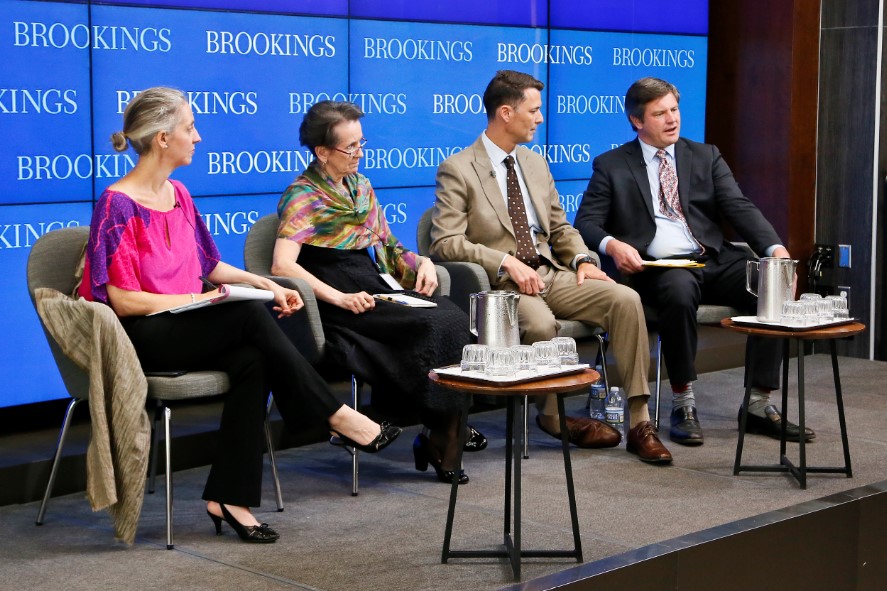
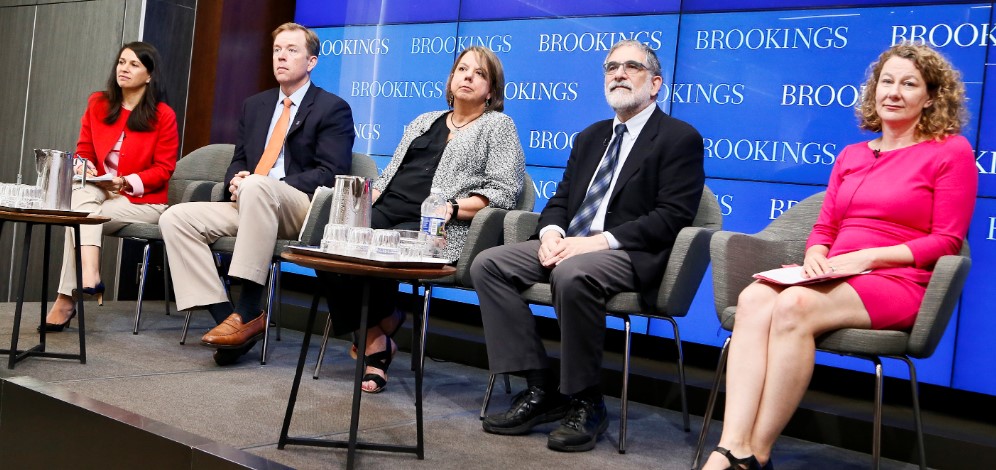
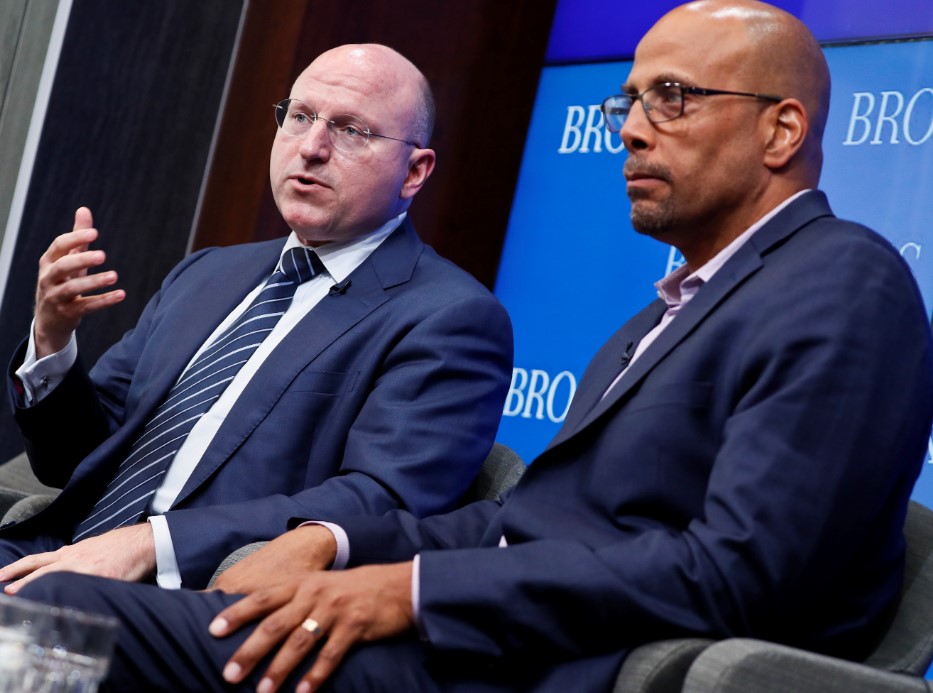
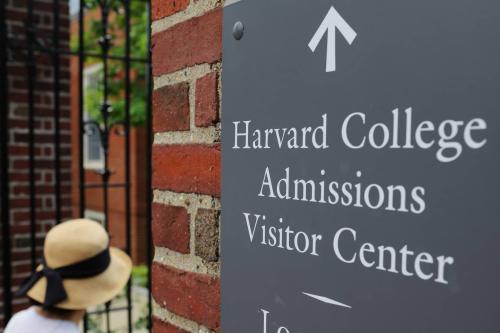

Commentary
5 takeaways from the “Building the workforce of the future” symposium
June 19, 2019